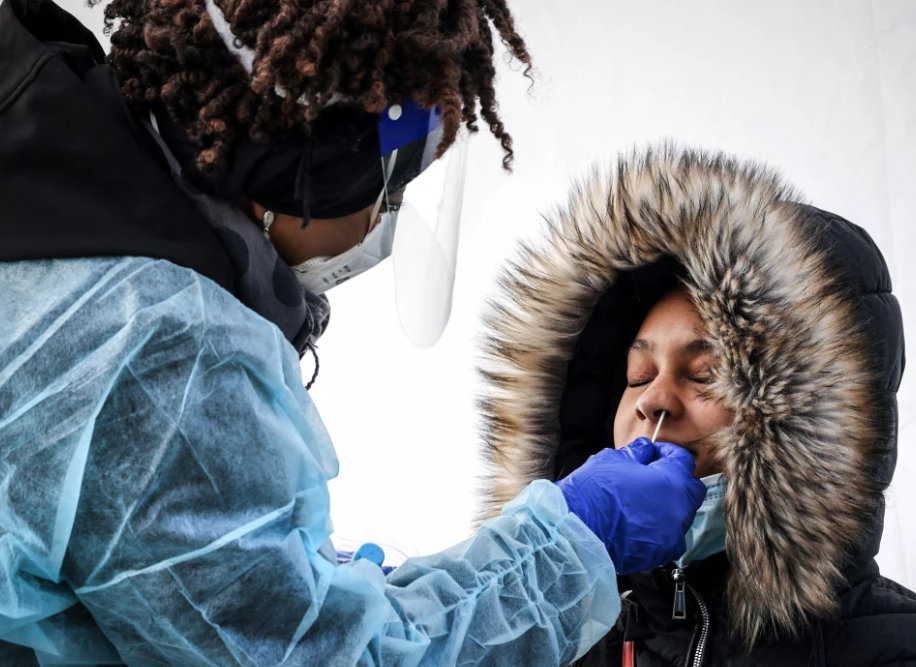Omicron symptoms: What we know about illness caused by the new variant
- Amboryx
- Jan 25, 2022
- 1 min read

Symptoms of omicron may be different than those of previous strains. But it's still Covid, and it can still cause severe disease.The dizzying speed of omicron's spread has left Americans questioning much of what they know about Covid-19.
Though much remains uncertain, experts are beginning to understand more about the variant and how it affects people who are vaccinated, unvaccinated or who have had a Covid infection. For example, people who are exposed to omicron appear to get sick faster and may have symptoms that are different than those of other variants.
What are the symptoms of omicron?
Early evidence suggests that for most people, at least those who are up to date on their Covid vaccines, omicron appears to cause milder illness that can resemble the common cold, another form of the coronavirus.
Dr. Katherine Poehling, an infectious disease specialist and vaccinologist at Atrium Health Wake Forest Baptist in North Carolina, said that these appear to be the prominent symptoms from omicron:
Cough
Fatigue or tiredness
Congestion and runny nose
Sore throat
Headache
“We’re seeing a lot of sore throat, runny nose, fatigue and mild headache,” said Dr. Rahul Sharma, the emergency physician-in-chief at the NewYork-Presbyterian/Weill Cornell Medical Center.
Unlike in previous variants, the loss of taste and smell seems to be uncommon, doctors say.
But Poehling, who is also a member of the Advisory Committee on Immunization Practices, which helps guide the Centers for Disease Control and Prevention’s decisions on vaccines, and others stress that those symptoms are based on early reports of omicron cases, not scientific studies.


Comments